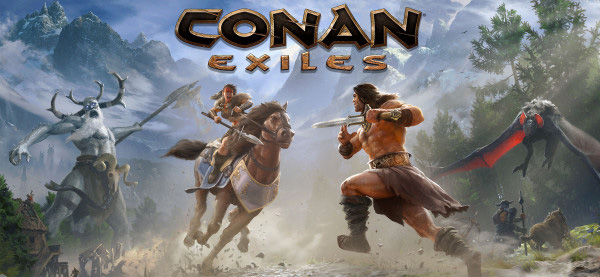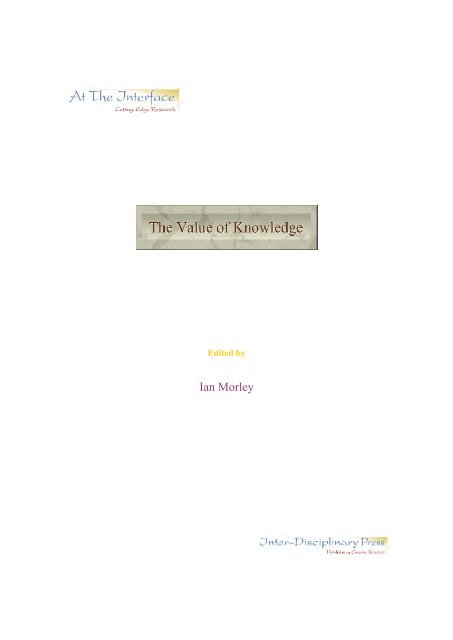
Together they are taken to represent how a new class of cultural producers (or “prosumers”) relates to cultural production and creates opportunities for business on the Internet. Policy–makers, economists and the public have welcomed some of these services almost unanimously. To this list one can also add social networking sites such as Facebook and MySpace. The services that exemplify the Web 2.0 paradigm are, among others, Google AdSense, Flickr, Wikipedia, BitTorrent and Napster (O’Reilly, 2005).

In this article we investigate what seems to be a paradox in the reception of Web 2.0. State of exception and accumulation by dispossession in Web 2.0
SINGULARITY PRINCIPLE DOWNLOAD TORENT TPB FREE
This theory lets us problematize the concept of free labor, the metaphor of the enclosure, and puts into question the dichotomy between copyright and cultural commons. This dispossession is seen as a parallel to the concept of ‘primitive accumulation’, as a means of moving things from the exterior to the interior of the capitalist economy.

Agamben’s work on the state of exception is here used to theorize the informational economy as an ongoing dispossession, under the guise of ‘networked production’. Our thesis is that we are currently experiencing a temporary postponement of the law, in the context of Web 2.0. While some of its services are seen as creators of a new informational economy and are hence publicly legitimized, other features are increasingly under surveillance and policed, although in reality the differences between these services is far from obvious.

This article investigates a paradox in the reception of Web 2.0. Pirates of Silicon Valley: State of exception and dispossession in Web 2.0


 0 kommentar(er)
0 kommentar(er)
